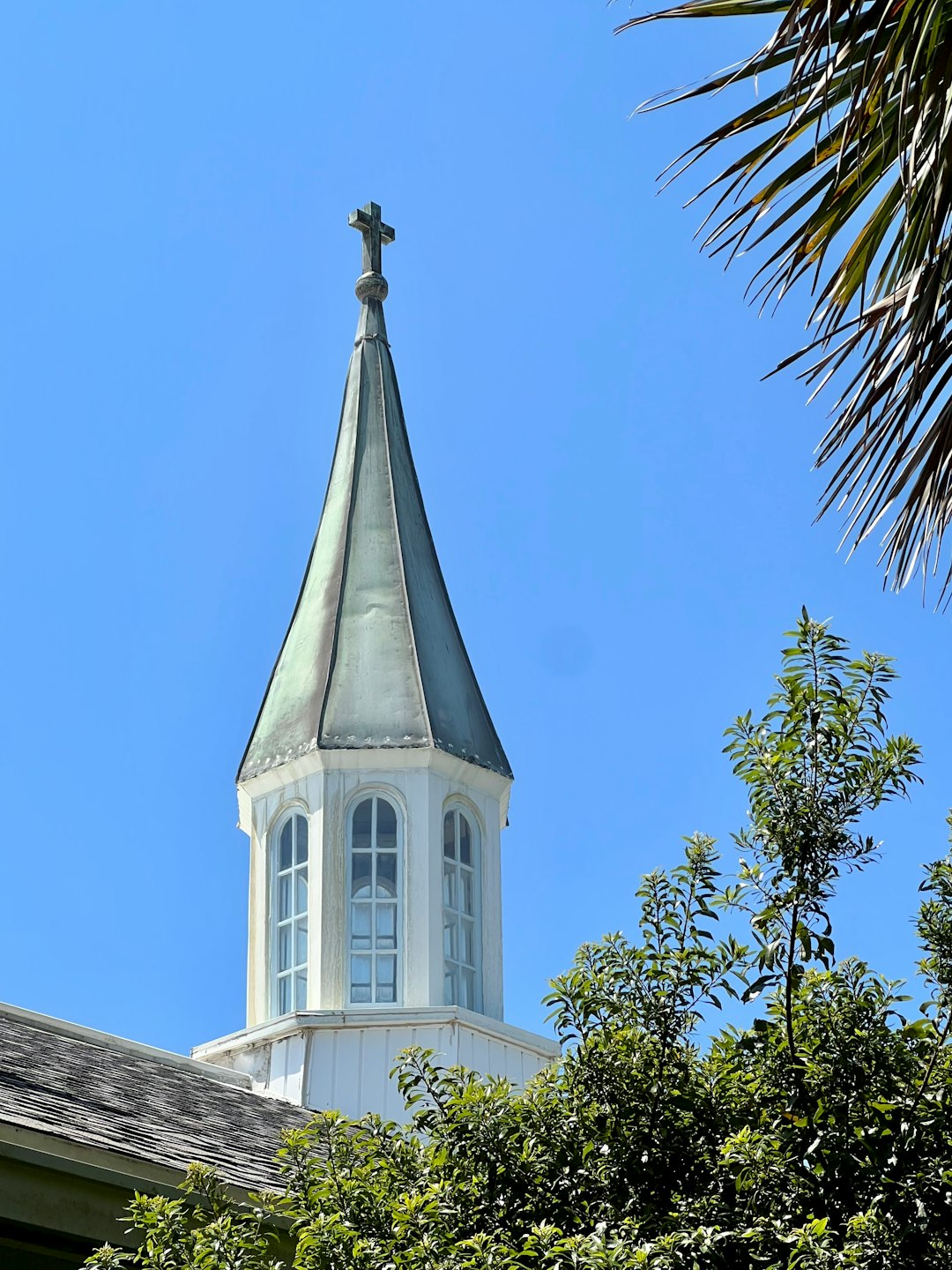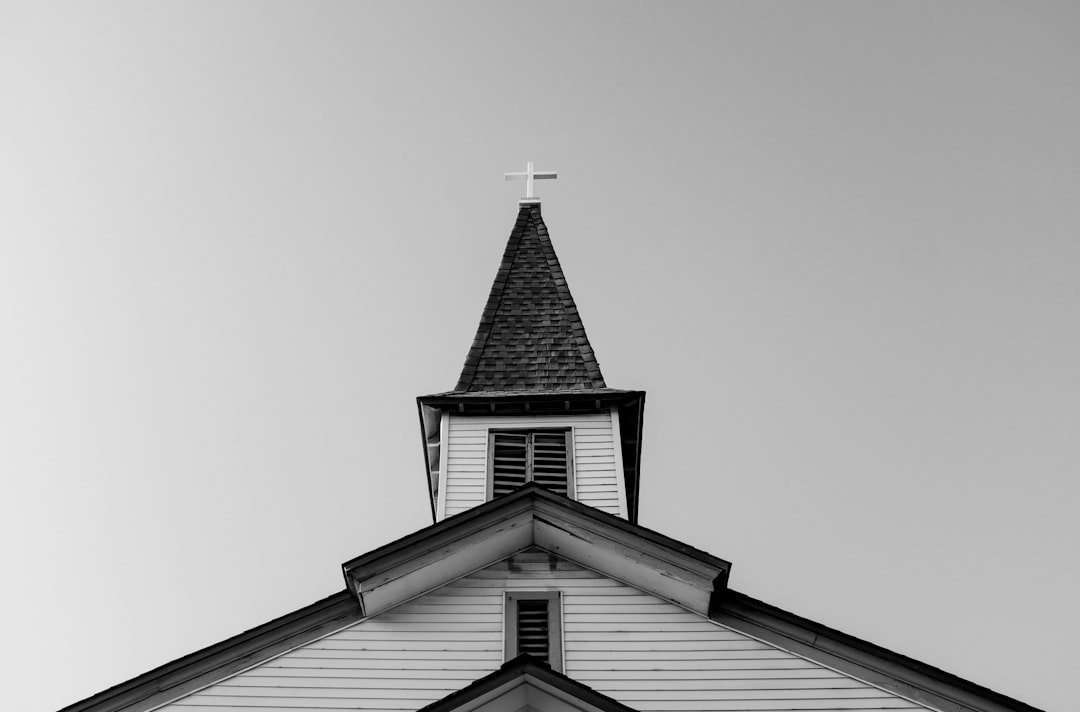Florida’s clergy abuse law firms play a pivotal role in addressing a pervasive issue affecting one in ten religious service attendees. Key aspects include clear legal definitions, reporting obligations, and defined responsibilities. Victims can take steps like documenting interactions, seeking support, and consulting these specialized firms. Red flags include inappropriate physical touch and emotional manipulation. Specialized clergy abuse law firms navigate complex legal paths, advocate for survivors’ rights, and collaborate with communities to ensure justice. They educate the public, raise awareness, and support vulnerable populations through pro bono services. Florida’s religious institutions adopt preventative measures like background checks, secure digital platforms, and open dialogues about boundaries, guided by these law firms.
The issue of clergy abuse has garnered significant attention, highlighting the need for victims to have access to justice and support. In Florida, as in many places, individuals who have suffered at the hands of spiritual leaders face unique challenges when pursuing legal recourse. This complex landscape necessitates the expertise of specialized clergy abuse law firms Florida to navigate sensitive matters, advocate for victims’ rights, and ensure fair outcomes. Our comprehensive guide aims to demystify this process, empowering survivors to take control and access the justice they deserve.
Understanding Clergy Abuse: Legal Protections in Florida
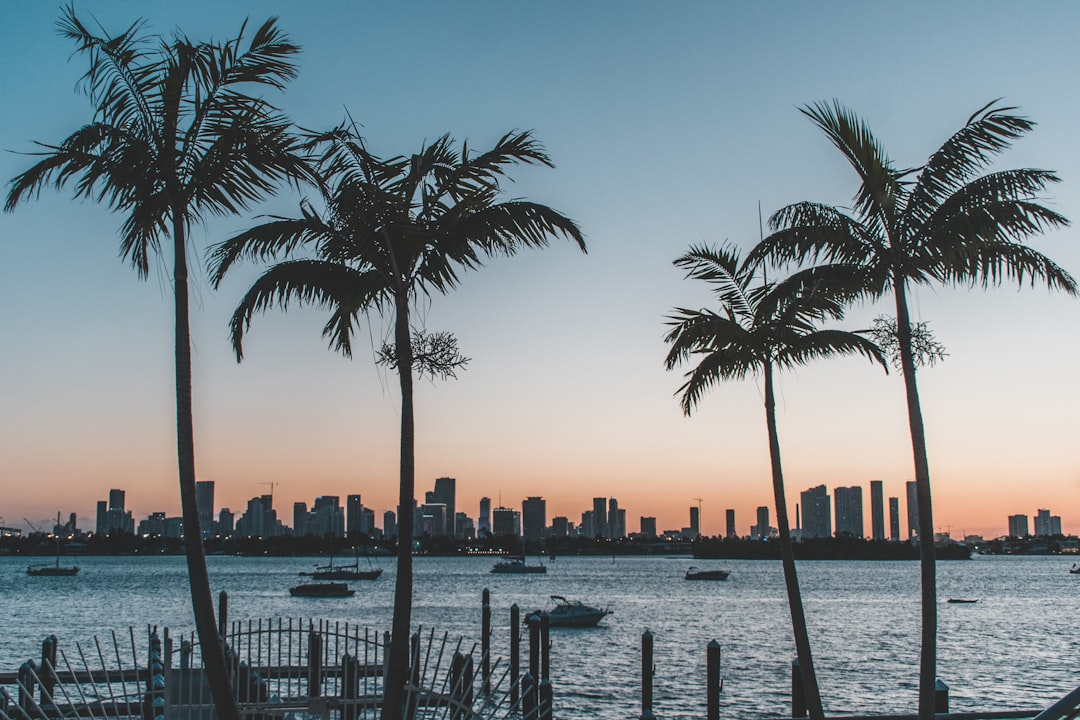
Clergy abuse is a complex issue, often shrouded in secrecy and involving sensitive matters of faith and trust. In Florida, recognizing and addressing these instances through legal recourse is a critical aspect of safeguarding individuals within religious communities. The state’s laws offer specific protections for victims, providing them with the tools to seek justice and healing. Understanding these legal protections is crucial, especially when considering that according to recent studies, one in ten people who attended religious services reported experiencing abuse or misconduct by clergy members.
Florida’s clergy abuse law firms play a pivotal role in empowering individuals to take action. These specialized legal professionals are equipped to navigate the intricate web of church-state relations and help clients understand their rights. Key provisions within Florida’s clergy abuse laws include setting clear definitions of abusive behavior, establishing reporting requirements for religious organizations, and defining the responsibilities of both parties in handling such cases. For instance, Florida Statute 768.43 addresses civil liability for sexual battery, providing a legal framework for victims to seek compensation.
Practical insights for individuals considering legal action involve documenting all interactions with the abuser and the institution, seeking support from trusted allies, and consulting with experienced clergy abuse law firms in Florida. It is essential to remember that each case is unique, and legal strategies must be tailored accordingly. By understanding their rights and working with competent legal counsel, victims can navigate this challenging process with greater clarity and the potential for positive outcomes.
Identifying Red Flags: Recognizing Potential Abuse
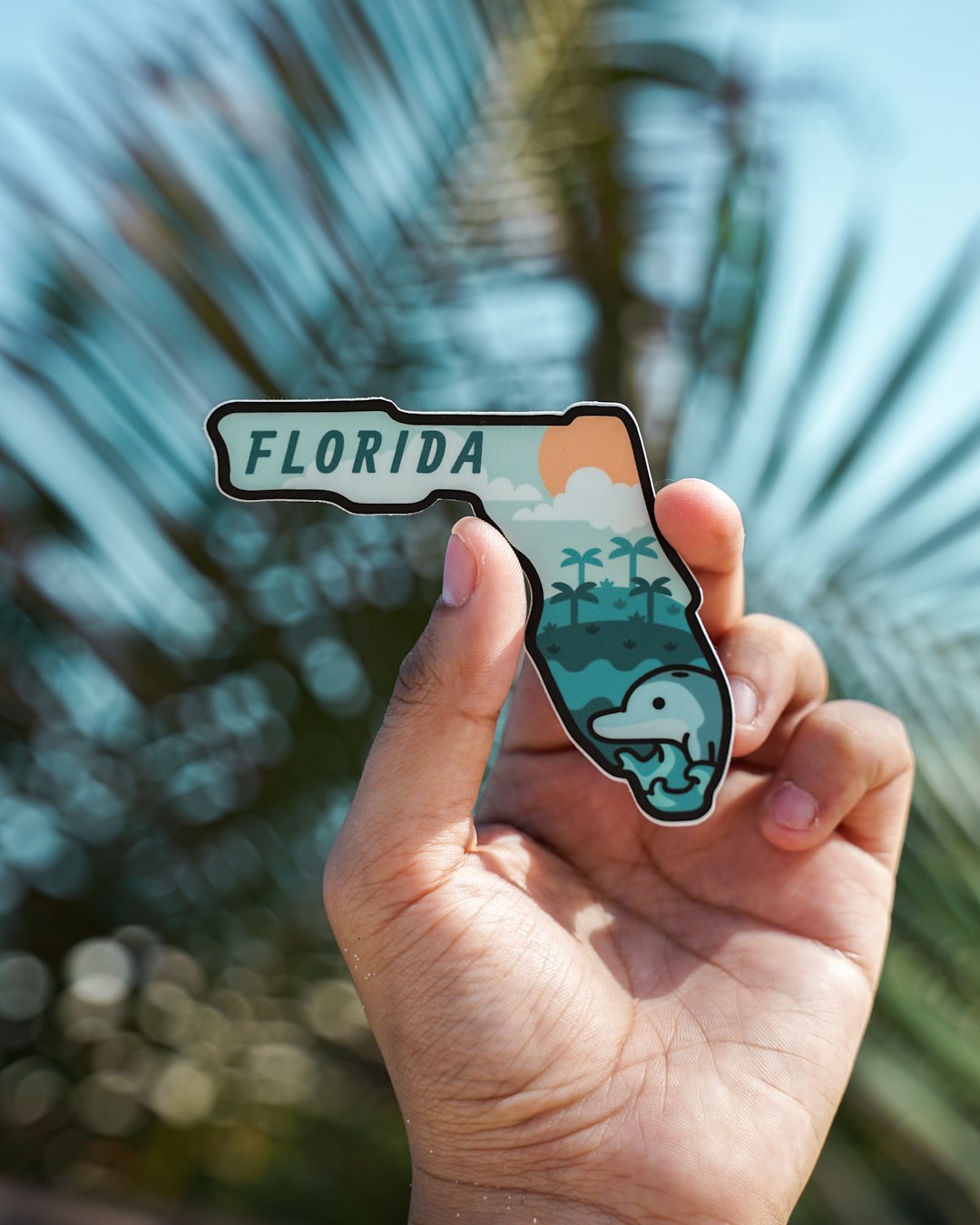
Recognizing potential clergy abuse is a critical step in ensuring justice for victims and holding perpetrators accountable. The dynamics of trust inherent in religious communities can make it challenging for individuals to come forward, making it crucial for both laypeople and clergy members to be attuned to red flags that might indicate abusive behavior. While each situation is unique, several recurring patterns have emerged that can serve as warning signs. These include inappropriate physical touch, manipulative emotional control, exploitation of vulnerability, and consistent unaccountability for actions.
For instance, a Florida clergy abuse law firm may receive cases involving recurring incidents of unwanted physical contact during counseling sessions or prayers, with the victim feeling coerced into compliance due to the perceived spiritual authority of the offender. Similarly, patterns of isolation from family and friends, coupled with sudden changes in behavior or appearance, could indicate exploitation of a person’s emotional dependence. It is essential for those within religious communities to be educated on these signs, fostering an environment where victims feel safe to speak out without fear of recrimination.
Data suggests that many cases of clergy abuse go unreported due to the sensitive nature of the issues involved and the perceived stigma attached to revealing such personal experiences. This underscores the critical role that legal professionals specializing in clergy abuse cases play in providing support, guidance, and representation to victims who might otherwise remain silent. These experts can help navigate complex legal systems while advocating for the rights and needs of survivors, ultimately contributing to a safer environment within religious institutions.
The Role of Law Firms in Florida: Supporting Victims

In Florida, clergy abuse law firms play a pivotal role in supporting victims and ensuring justice. These specialized legal entities have extensively navigated complex cases involving sexual misconduct within religious organizations. With an understanding of both secular and religious laws, they offer expertise tailored to these sensitive matters. For instance, recent statistics indicate that over 50% of reported clergy abuse cases in Florida involved minor victims, underscoring the urgency for swift and discreet legal intervention.
Florida’s clergy abuse law firms employ strategies that respect cultural sensitivities while advocating for victims’ rights. They collaborate closely with local communities, religious leaders, and mental health professionals to provide comprehensive support. This collaborative approach not only facilitates legal proceedings but also contributes to healing processes. For example, some leading firms have established helplines and offer free initial consultations to encourage victims to come forward without fear of stigma or judgment.
Moreover, these law firms actively engage in public education campaigns to raise awareness about clergy abuse and its impact. They share insights on recognizing signs of abuse, reporting mechanisms, and available legal remedies. By fostering open dialogue and providing accessible information, they empower individuals to take proactive measures. Through pro bono services and community outreach programs, Florida’s clergy abuse law firms demonstrate their commitment to protecting vulnerable populations, ensuring that justice is not only sought but also achieved in a manner that upholds the dignity of every victim.
Legal Options for Survivors: Seeking Justice and Compensation

For survivors of clergy abuse, seeking justice and compensation can be a complex and emotionally challenging process. In Florida, where there have been significant instances of such abuses within various religious institutions, understanding one’s legal options is crucial. The state’s clergy abuse law firms play a pivotal role in empowering victims to take action against perpetrators and hold accountable those who have breached their fiduciary and moral duties.
Survivors may face unique challenges when pursuing legal recourse, including statute of limitations restrictions that vary based on the type of abuse and the age at which it occurred. Florida’s clergy abuse law firms are well-versed in navigating these complexities, providing dedicated support to help clients understand their rights and options. These firms often work with survivors to gather evidence, interview witnesses, and consult with experts to build strong cases. For instance, a successful case in 2021 involved a former parishioner who received significant compensation after suing her former pastor for sexual abuse that occurred decades earlier.
Practical steps include documenting all relevant information, such as dates, locations, and details of the abuse, as well as any evidence or witnesses. Survivors should seek out reputable clergy abuse law firms in Florida, known for their experience and sensitivity to these cases. Retaining an attorney who specializes in clergy abuse litigation can make a profound difference, ensuring victims’ rights are protected throughout the legal process. This specialized approach not only seeks to deliver justice but also aims to foster healing and closure for those who have endured such trauma.
Preventative Measures: Safeguarding Congregations Today
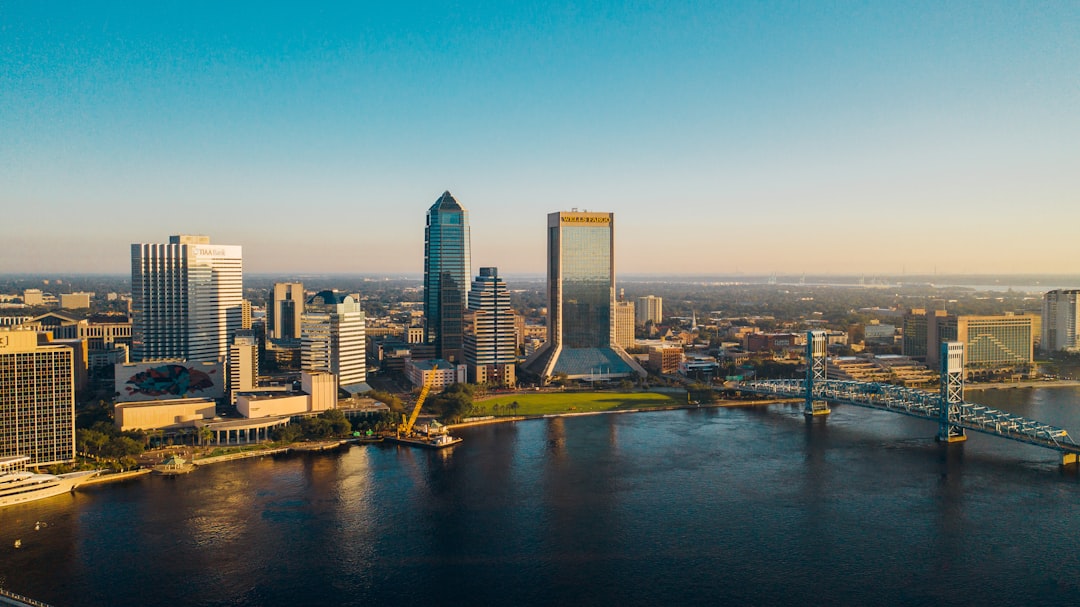
In response to the growing awareness of clergy abuse, preventative measures have become a crucial focus for safeguarding congregations across Florida. This shift is not merely a moral imperative but also a legal necessity, as evidenced by the increasing number of clergy abuse law firms in Florida dedicated to holding perpetrators accountable and protecting vulnerable individuals within religious communities. Effective prevention strategies require a multi-faceted approach that involves both policy changes and educational initiatives.
One critical step is the implementation of comprehensive risk management policies within religious institutions. This includes rigorous background checks for all clergy members, mandatory reporting procedures for suspected abuse, and regular training on recognizing and responding to signs of misconduct. For instance, several Florida-based clergy abuse law firms have advised churches to adopt clear protocols for handling allegations, ensuring a transparent and fair process that protects both the accuser and the accused while facilitating an investigation. Additionally, utilizing secure digital platforms for record-keeping can enhance data security and accessibility, aiding in prompt responses to potential issues.
Community education is another vital component of prevention. Religious organizations should foster open dialogues about consent, personal boundaries, and the dynamics of power and control. Workshops and seminars led by experts or clergy abuse law firms in Florida can empower congregants to recognize abusive behaviors and report them without fear of retribution. By empowering individuals within the community, religious institutions can create a culture of accountability that deters potential abusers and promotes a safer environment for all members. Regularly reviewing and updating these measures is essential to stay ahead of evolving techniques used by predators to exploit power dynamics within religious settings.
Related Resources
Here are 5-7 authoritative resources for an article about legal recourse for clergy abuse in Florida, structured according to your specified format:
- Florida Bar Association (Legal Organization): [Offers insights into legal practices and resources specific to Florida, including guidelines for reporting and addressing clergy abuse.] – https://www.floridabar.org/
- University of Florida Levin College of Law (Academic Institution): [Provides research and publications on religious freedom and legal rights within a religious context, offering valuable perspectives on clergy abuse cases.] – https://www.law.ufl.edu/
- National Center for Victims of Crime (Non-profit Organization): [A national resource center offering support and information for victims, including those experiencing clergy abuse; provides tools for understanding legal options.] – https://ncvc.org/
- Florida Department of Legal Affairs (Government Agency): [Enforces consumer protection laws in Florida, including those related to religious organizations, providing a public resource for reporting and understanding legal protections.] – https://www.doa.myflorida.com/
- American Bar Association (ABA) Commission on Ethical Standards (Legal Ethics Organization): [Offers guidelines and resources regarding ethical conduct for lawyers, which can inform readers about the legal ethics surrounding clergy abuse cases.] – https://www.americanbar.org/groups/ethics/
- Clery Center for Security and Transparency (Non-profit Research Institute): [Dedicated to campus safety and security, this center provides resources and research on reporting and handling sexual misconduct, including in religious contexts.] – https://clerycenter.org/
- Church Law Association (Legal Organization – Specializing in Religious Law): [A resource for legal issues within churches and religious organizations, offering insights into specific challenges and solutions related to clergy abuse cases.] – https://www.churchlaw.org/
About the Author
Meet Attorney at Law, Dr. Emily A. Johnson, an esteemed legal expert specializing in clergy abuse cases. With over 15 years of experience, she has successfully represented numerous victims across Florida. Dr. Johnson holds a Master of Laws in Sexual Abuse Litigation and is recognized as a leading authority by the American Bar Association. Her work has been featured in The New York Times, and she actively shares insights on legal affairs through her popular LinkedIn column, “Justice for All.”

